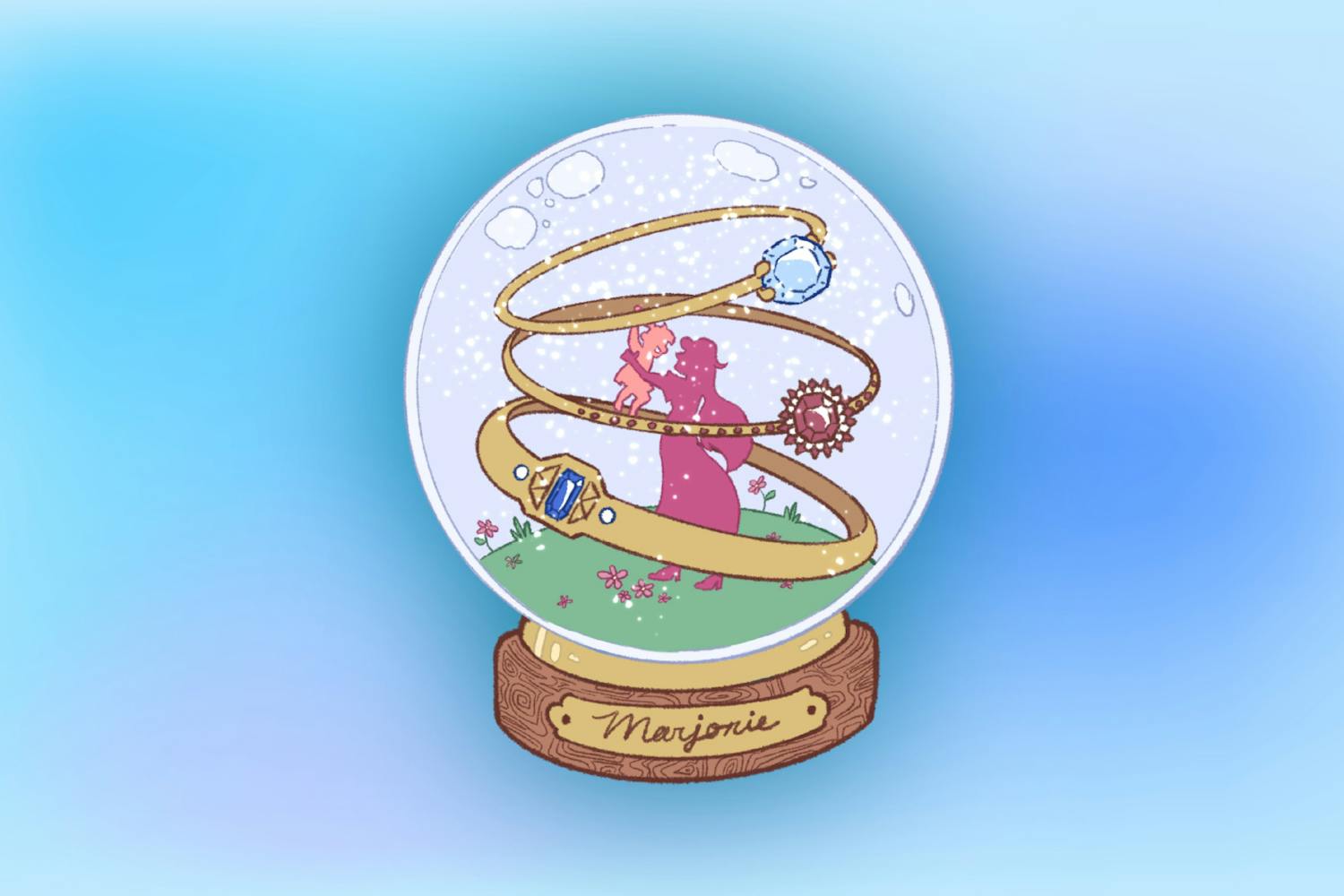While most college students were stressing out about the value of their degree and searching for jobs after graduation, Ben Kaplan was developing a social networking app from his dorm room that would soon become a multimillion-dollar company.
WiGo, or Who Is Going Out?, offers college students an exclusive platform to make plans and see where other users are partying.
Students can create events within the app, see which students are going out and where and chat with other users they want to see out. Users can also post photos of themselves at the event, which then get cleared the morning after.
Kaplan, co-founder and CEO of WiGo, was just about to begin his sophomore year at College of the Holy Cross in Massachusetts when he developed the idea.
“Most college kids have asked the question, ‘Who’s going out tonight?” Kaplan said. “I took that question and turned it into a solution.”
The app became so popular that Kaplan dropped out of school to develop and grow the app.
“First, we launched the app at Holy Cross only, and I hired a company to build it for me,” Kaplan said. “The app exploded at my school, so I dropped out.”
Thirteen months later, he has become the co-founder and CEO of a $14 million company. His fellow co-founder and CTO, Giuliano Giacaglia, attended the Massachusetts Institute of Technology before joining the team.
“There was a lot of risk, but, luckily, we knew college kids liked the idea,” Kaplan said.
WiGo is only available for college students and needs to have a certain amount of student demand to be "unlocked" at a school, depending on the number of students enrolled.
To unlock the app at ASU, about 1,200 students would have to download the app. Out of the 1,300 schools WiGo is available to, only 75 are unlocked, including UA.
“Kids in the area can use it as Tinder for going out,” Kaplan said. “It’s set up to be a friend network and to discover friends. Anyone can flirt and hook up, but the No. 1 function is to figure out what your buddies are doing.”
The app is relatively unknown at ASU, even at the most populated campus in Tempe. Business freshman Austin Bailey said the app could possibly hurt the party scene instead of help it grow.
"It would be very effective and interesting to see, but it wouldn't necessarily be helpful," Bailey said. "It would actually be pretty detrimental to the party scene. Cops and undercovers could be all over the app and could bust any and every party."
The exclusivity is just another appeal for the app. To grow his user base, Kaplan developed a party reward system, where users can earn money based on the number of people who attend their party.
Once a party has over 100 attendees, the host can earn $0.50 per person.
“It’s an easy way to get WiGo users to love the app and get the most popular kids involved,” Kaplan said.
In honor of March Madness, the company is holding a "WiGo Madness," in which the school that attends the most rounds wins a free party.
Kaplan is planning to expand the app to entire cities, such as Boston and NYC this upcoming summer.
“We want to continue to grow beyond college campuses and become social planning for everyone,” Kaplan said.
The app is available for free on both iOS and Android devices.
Reach the reporter at Jlsuerth@asu.edu or follow @SuerthJessica on Twitter.
Like The State Press on Facebook and follow @statepress on Twitter.




